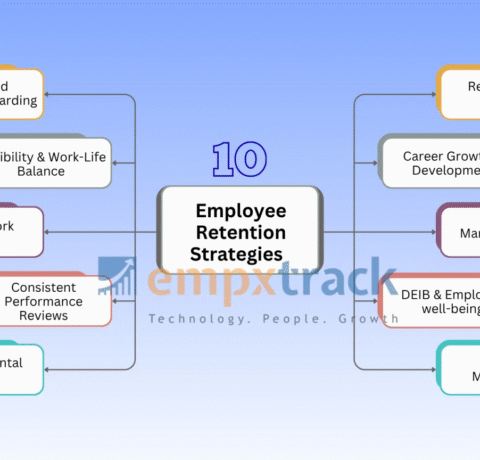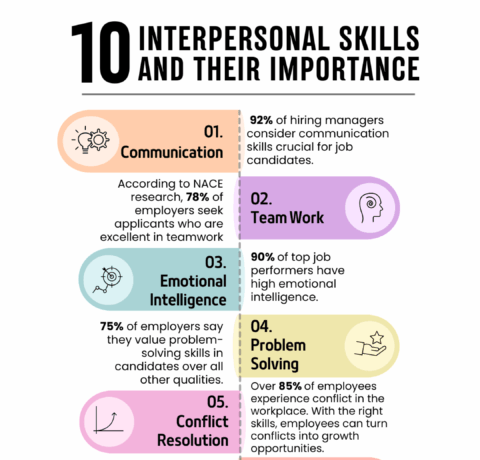21 Benefits of Learning a Musical Instrument Infographic
Since ancient times, musicians have always been regarded with respect and admiration. But there is more to being a musician that meets the eye or, in this case, the ear! Musicianship comes with a lot of struggles and hurdles but these challenges shape your psyche and mind.
Because of that, learning how to play a musical instrument and honing your skills rewards you with many additional benefits. Today, we are going to take a look at a good chunk of those benefits and explain why musicians are the center of attention even when they’re not performing.
Learning how to play a musical instrument is mentally very challenging. Memorizing song lyrics, note order, chord structures, arpeggios, scales, rhythm patterns for drums and guitar, synchronizing the left and right hand, memorizing the order of parts of a long composition and even remembering the correct setup and maintenance process of your instrument takes a lot of time and repetition.
These mental exercises put your brain under constant pressure, but unlike with your job or university, music is a way to relax. That is why this type of pressure is very good for your mental health. Compare it to physical exercise and work- carrying heavy grocery bags and cleaning the house leaves you exhausted, but a challenging day at the gym leaves you feeling strong and refreshed.
When you play a musical instrument, different parts of your brain are stimulated and are working to bring all the pieces of a song or composition together The parts of the brain at work are controlling motor skills, visual perception and, of course, audio perception. This type of mental workout strengthens your memory and can boost even your concentration power. An additional skill that you develop is the ability to notice details faster and to remember them better.
See also:







You can adjust your cookie preferences here.